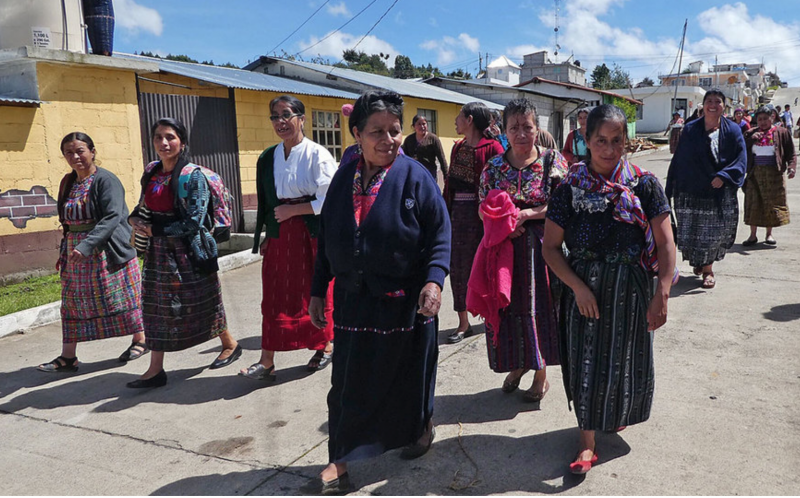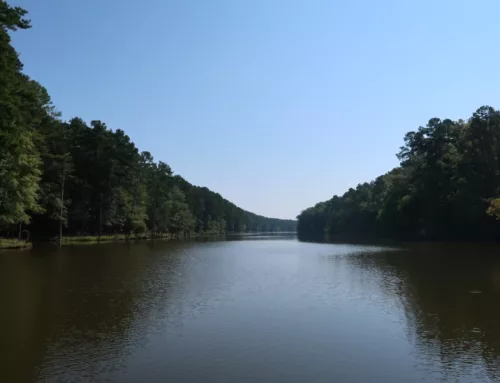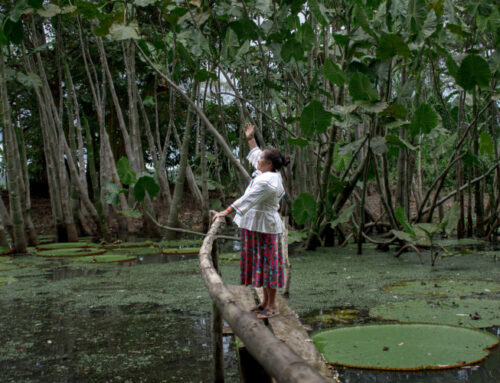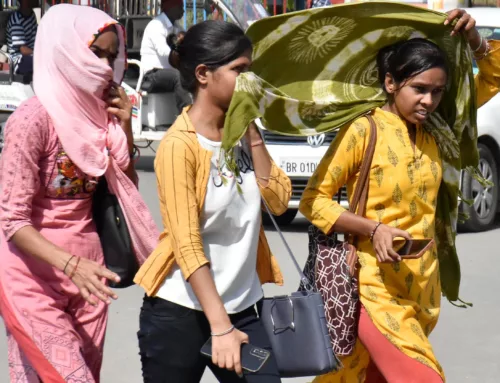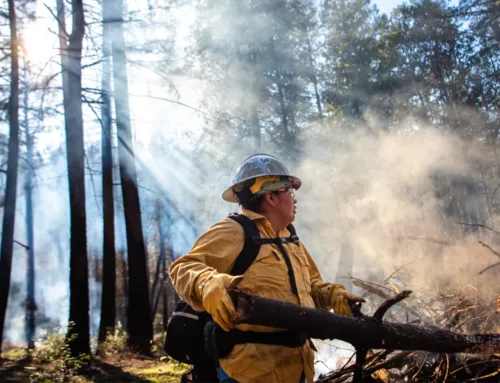Most of the Guatemalan population financially depends on farming. Facing destructive landslides, strong winds and volcanic peaks, the women of Guatemala came forward to find the coping strategies for water and forest conservation. Eulia de Leon Juarez, founder of a women’s rights group in Guatemala’s western highlands, says that climate change has changed the pattern of seasons. To address these micro problems at a macro level, women’s non-profit organizations like Global Alliance for Green and Gender Action (GAGGA) are working rigorously to develop women’s leadership. Climate change has amplified the inevitable process of migration, increasing the number of female-headed households in rural areas as more men move to cities. Solange Bandiaky-Badji, Africa program director for Rights and Resources Initiative, sees this as an opportunity for more women to take greater responsibility in their communities. Therefore, women should be seen as active participant preventing and coping with climate change and not merely as victim of it. Photo Credit: Sara Schonhardt


